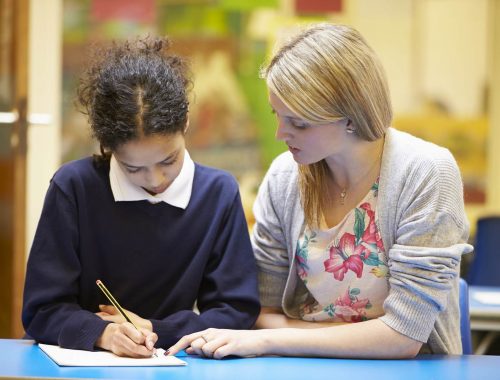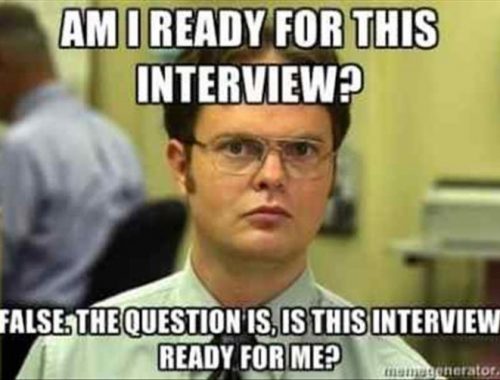The Final Blog Post: Being a small fish in a big pond can knock your confidence.
Throughout my final blog post, I will once again use Gibbs’s reflective model to analyse my performance from the past year. On this occasion, I will discuss something that challenged me greatly during my work-related learning experience, independence.
I have been in education for seventeen years now, and although I have also been working for the last five years, this was my first foray into the industry. During my placement, I was somewhat like working as a freelance content creator for the company I was on placement with, essentially heading up a department of just myself. Particularly at first, I found the idea of creating content alone difficult. The idea that what I created was going to be scrutinised not by a supervisor or middle management, but by a director of the company initially stifled my creativity somewhat. Although the director was certainly supportive of my choices, I felt that I didn’t want to push the boundaries of my independence too far. This led to me making choices that created somewhat mundane work. Although the safe choices I was making, were not inherently poor choices, I do think that this newfound independence did in some ways make me regress slightly.
Throughout these early stages of my placement, I began to feel unsure of myself and my creative ability. I thought “If I can’t even take this opportunity to take risks creatively, am I in the right field?” This feeling of anxiousness compounded and added to the feeling of staying trapped in producing content that would fall into the ‘normal’ side of things for the company. These feelings of doubt within a new environment are not actually new to me. When at school I played schools cup rugby, but I played for one of the lowest-ranked teams in the competition, so there was always a sense of ‘it’s ok to try something’ whether that be a cross-field kick or an offload, it never felt like the stakes were high enough not to try something risky. Then however when I came to university I moved to a team that was coached by a former Ulster coach and had several professionals and former professionals playing. In this environment, although these high-risk moves were in many ways rewarded, the fear of trying them stifled my playing style, causing me to go into my own shell and feel like I was hiding on the pitch. The feelings I felt, those few years ago in my hobby of rugby, seemed to have transferred into my work. This was not good.
I actually think this way of working may be beneficial to me in the long run. I am able to come into a new environment, take very few risks, and settle in. This way I can find the limit of how far I can go either creatively or in my sports. These feelings do stifle how I can work initially, however, they also allow me to build a strong base within the environment and forge new relationships with people without stepping on anybody’s toes which I do believe is a key aspect of introducing yourself to a new environment or team. I can also see how in this day and age, this trait I seemed to have picked up could be extremely negative and make me blend into the sea of workers. Today, companies are so results driven that if anytime you start somewhere new, it takes six months before you can deliver on promises you have made or know that you can make, somebody else may have leapfrogged you.
If a similar situation were to arise in another environment in my future, whether that be in my personal or work life, I would need to have a plan in place, or perhaps just more of an understanding of what allows me to be more confident. I do still think that some trepidation initially in a new environment is a positive thing, but I need to start planning better. If when I enter this new environment, I have a set date for when this culture of conservatism in my work that I seem to employ ends, then there should be no anxiety. If I plan out that I have a certain amount of time to settle in and accept that, then I will still ensure I am creating a solid foundation within the workplace, whilst also knowing that my best work has a very specific date that it can begin to be delivered by.
If I had employed this technique this year I believe it would have dropped the levels of anxiety that I had felt, and perhaps even eased strains on relationships. It has made me learn that with freedom comes responsibility, not just to accept the consequences of your actions, but to use that freedom to create new and exciting things that fall outside the norm.
I believe that thanks to Gibbs reflective model, not just within this posting, but throughout my time this year, I have been able to understand myself significantly more. This has led to great self-improvement and has allowed me to understand myself more than I ever have before. In conclusion, I think it is important that I plan ahead more thoroughly, and avoid drifting through life at all costs: it doesn’t suit me.
Referencing
Gibbs Model of Reflective Practice
Editing My Time
You May Also Like

The World of Theatre upon Reflection
30 November 2022
Challenge Accepted Sir!
18 April 2023
